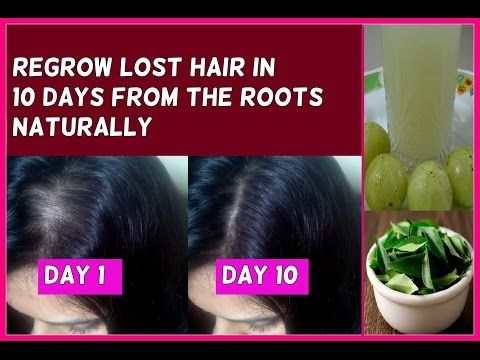What Is Good For Hair Loss Naturally

Washing hair daily may protect against hair loss by keeping the scalp healthy and clean.
What is good for hair loss naturally. Some doctors prescribe biotin a k a. Shampoos for thinning hair or hair loss also contain vitamins and amino acids that promise a healthier scalp to generate more hair over time. All are important sources of omega 3 fatty acids which help lower inflammation and create a. Viviscal is a natural hair growth supplement that promotes hair growth in people with thinning hair.
Although hair loss may seem like a more prominent problem in men women are nearly as likely to lose or have thinning hair. Harsher formulas may dry hair and cause it to break leading to hair loss. There is nothing more attractive than a thick head of hair that glimmers with natural health. Kravich tells patients dealing with hair loss to include nuts and seeds eggs and fish in their diets.
It also helps to make hair less brittle to retain hair which is great for hair loss. This is made of minerals vitamins and shark. In one study people with hair loss experienced 34 5 more hair growth after taking a vitamin e supplement for eight months. It contains a marine complex known as aminomar c.
Apply ground liquorice mixed with milk and a pinch of saffron for hair loss treatment. It is important to drink plenty of water with this herb since it is a. Rinsing the hair with water in which geranium or rosemary leaves have been boiled is a good natural remedy for curing hair loss at home. It is known to improve the strength of hair as well as bones thanks to the ingredient silica.
The key is to use a mild shampoo. It s also good for your skin although it s safe you probably get plenty from the foods you eat. Apply it on the scalp to cure the problem of hair loss naturally. It can be taken as a supplement or used in a product that already has it as an ingredient.
Vitamin b7 for hair loss and get good results. To get the best results use products every day. There can be several factors behind hair loss such as environmental effects aging too much stress excessive smoking nutritional deficiencies hormonal imbalance genetic factors scalp infections use of. Most women notice it in their 50s or 60s but it can happen at any age.














































